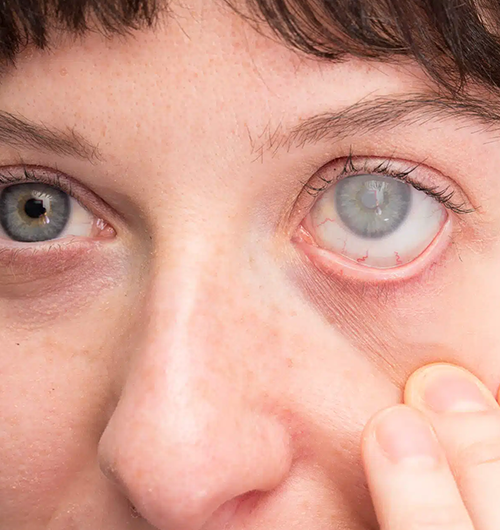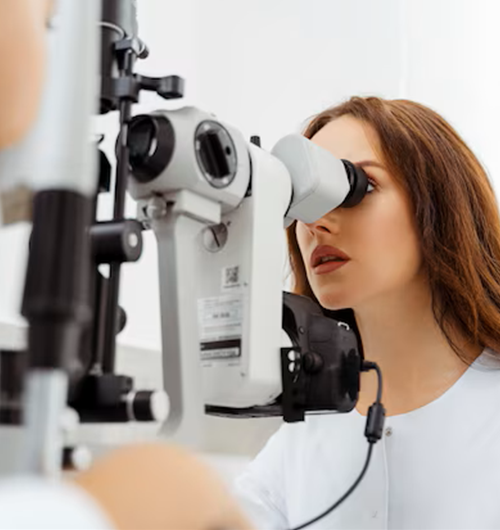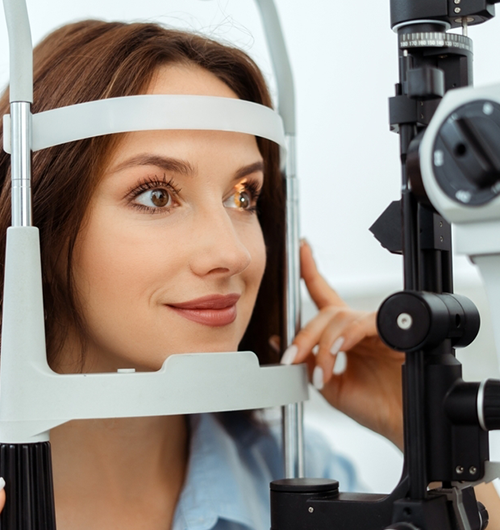Ophthalmology Genetic Testing is a specialized diagnostic process that analyzes an individual’s DNA to identify genetic mutations associated with inherited eye disorders. This testing helps detect conditions like retinitis pigmentosa, glaucoma, macular degeneration, and congenital cataracts. By understanding the genetic causes of eye diseases, doctors can provide accurate diagnoses, guide treatment plans, and offer genetic counseling for affected families. Early detection through genetic testing can improve management and slow disease progression. It is particularly useful for patients with a family history of eye disorders or unexplained vision loss, enabling personalized care and informed decision-making for future eye health.
Choosing Ophthalmology Genetic Testing offers valuable insights into the underlying genetic causes of inherited eye conditions, enabling precise diagnosis and personalized treatment strategies. It helps identify risks early, even before symptoms appear, allowing timely interventions that can preserve vision and improve outcomes. This testing also provides essential information for family planning and genetic counseling, helping patients understand the likelihood of passing conditions to future generations. By clarifying diagnosis in complex or atypical cases, ophthalmology genetic testing supports better clinical decision-making and advances research into innovative therapies, making it an essential tool for comprehensive eye care.





Individuals who have a personal or family history of inherited eye conditions, such as glaucoma, retinitis pigmentosa, or macular degeneration, should consider ophthalmology genetic testing. It is especially helpful for patients with unexplained vision loss or atypical eye symptoms that do not fit common diagnoses. Those planning a family and concerned about passing on genetic eye disorders can benefit from testing to understand risks. Additionally, patients seeking precise diagnosis to guide treatment or participate in clinical trials may find this testing valuable.
You should consider this test if:

The patient meets with a genetic counselor or ophthalmologist to discuss symptoms, family history, and testing options.
A sample of blood, saliva, or a cheek swab is collected from the patient.
The laboratory extracts DNA from the collected sample.
The DNA is analyzed using techniques like gene panels, whole exome sequencing, or targeted mutation testing to identify genetic variants linked to eye diseases.
Results are interpreted by geneticists and ophthalmologists to determine if mutations related to eye conditions are present.
The patient receives a detailed explanation of the findings, their implications, and next steps, including treatment or family counseling.

 01
01
Our fully integrated E-Lab platform offers online test ordering, real-time tracking, and secure digital reporting bringing convenience and control to both physicians and patients across the country.
 02
02
From routine blood tests to complex genetic panels, we leverage cutting-edge platforms like NGS, PCR, and AI-powered analytics for maximum accuracy and clinical relevance.
 03
03
With lab facilities based in Florida, we ensure faster processing times and direct access to our expert team. You get timely results backed by responsive, local customer support.
At E-lab, we are dedicated to innovation, collaboration, and seamless growth.
